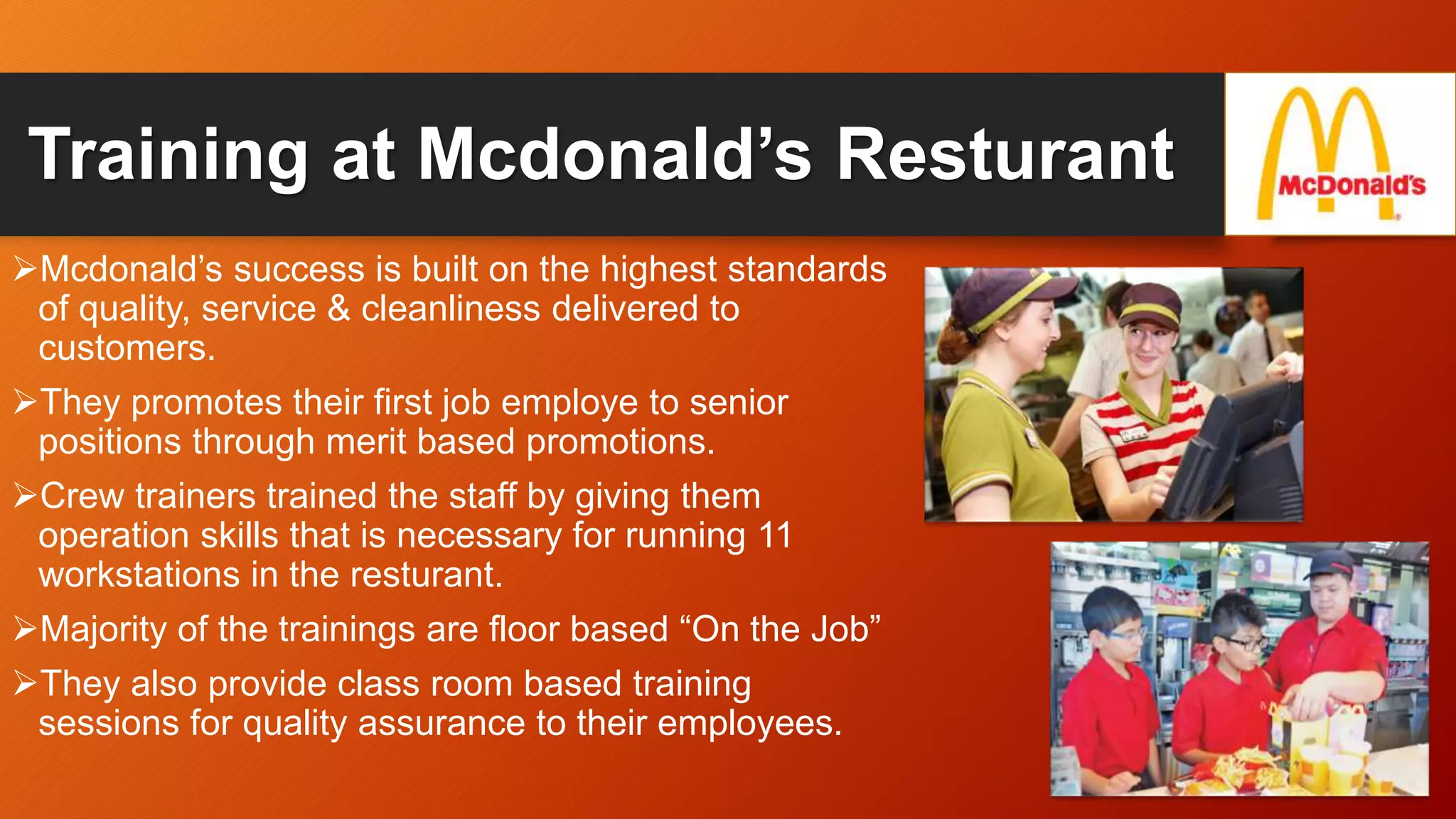McDonald’s Opens $250 Million Hamburger University Campus in Shanghai
McDonald’s inaugurated a new Hamburger University campus in Shanghai on November 22, 2025, marking the company’s seventh global training site and its first in mainland China. The facility represents roughly a $250 million investment meant to train thousands of managers and to support rapid expansion in one of the company’s fastest growing markets, a move with significant implications for recruitment and career pathways for restaurant employees.

McDonald’s opened a major training campus in Shanghai on November 22, 2025, signaling a strategic push to build managerial talent as the company expands across China. According to AP reporting carried by Goldsea, the facility is the corporation’s seventh global Hamburger University and its first located in mainland China. Company leaders have positioned the campus as central to producing thousands of trained managers over the coming years and to strengthening store operations in a competitive labor market.
The Shanghai campus is reported to be a sizable investment, estimated at roughly $250 million. The programs offered include business and management coursework that in some cases can be credited toward college study. The training curriculum is intended to standardize managerial skills, prepare staff for leadership roles, and create a pipeline of employees who can move into supervisory and multi unit positions as McDonald’s grows its footprint in Chinese cities.
The opening comes as McDonald’s identifies China as one of its fastest growing markets. Rapid store expansion increases demand for reliable management, while competition for service industry talent in China has intensified. The new campus is aimed at addressing both pressures by developing local managers who understand company systems and local market dynamics, and who may be more likely to remain with the company if they see clear opportunities for career advancement.
For frontline workers and shift supervisors, the campus could expand pathways to higher paying roles and to credentials that carry academic value. Structured management training can strengthen promotion prospects and improve operational consistency at restaurants, which can lead to steadier schedules and clearer expectations for staff. At the same time, employers in China are competing fiercely for trained managers, so investment in training also serves as a retention measure for McDonald’s as it seeks to protect its talent from rival restaurant chains and local employers.
The move also embeds formalized education into McDonald’s long term growth strategy in China, making workforce development a core part of expansion planning rather than an ad hoc response to hiring shortages. Over time, the company will evaluate whether the campus reduces turnover among managerial ranks and whether the academic credits offered translate into broader career mobility for employees.
As McDonald’s ramps up operations in China, the Shanghai Hamburger University will be a focal point for how the company cultivates, certifies, and retains the managers who run its restaurants. The scale of the investment reflects the company’s view that local training is essential to sustaining growth in a highly competitive labor environment.


